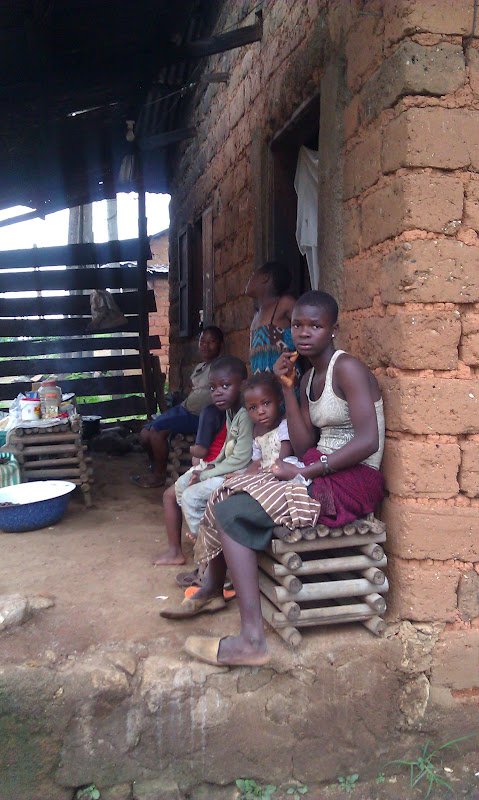Beyond the Numbers: Life in Cameroon’s North‑West Region
Statistics do not capture what conflict does to a child’s school day: the lost term; the uniform too small after a year at home; the way confidence drains when lessons stop. In Cameroon’s North‑West, families facing insecurity and poverty navigate all of this while holding together care for children who have lost parents to HIV/AIDS. Friends of AIDS Orphans in Africa (FADOA) works with parish networks, women’s associations, and teachers to keep schooling continuous where it is most fragile.
A School Day Under Strain
In some districts, lessons are interrupted by insecurity or long closures. Travel can be risky; household incomes fall; and the first thing to go is often a child’s attendance. Evidence across Sub‑Saharan Africa shows that children in fragile settings are disproportionately likely to be out of school [1]. In the North‑West, these risks stack on top of orphanhood and caregiving burdens, raising the likelihood of permanent dropout [2].
Field Voice
“When uniforms arrived, we called each pupil by name,” a head teacher told us. “They stepped forward slowly, then stood taller. By the next week, they were early to class.”
What We Do—Quietly and Consistently
Our partners identify children slipping from attendance, verify needs with caregivers, and deliver a simple package: uniform and shoes, exercise books and pens, exam and PTA fees, and follow‑up psychosocial support. Where property‑grabbing or abuse is reported, families are linked to basic legal advice and case management through trusted civil‑society actors [3].
By the Numbers (Illustrative 2024–2025)
180 children in the North‑West retained with uniform/supplies packages
22% average increase in attendance among supported pupils after distribution
20 teachers engaged as safeguarding focal points across target schools
12 referrals for legal advice on inheritance/property disputes
Why It Matters
Keeping a child in school is protection. It restores routine, social connection, and a path back to learning. For orphans and vulnerable children, it is also the bridge that carries them—and their caregivers—past a crisis into a steadier future [4].
Endnotes
[1] UNESCO Global Education Monitoring (GEM) Report — Out‑of‑School Children. (UNESCO GEM 2023)
[2] UNICEF Cameroon — Education & Child Protection overview (conflict‑affected regions). (UNICEF Cameroon Education)
[3] Government of Cameroon, National AIDS Control Committee — OVC community support guidance (2024). (CNLS)
[4] UNICEF — Evidence on schooling as protective factor in emergencies. (UNICEF Education)

